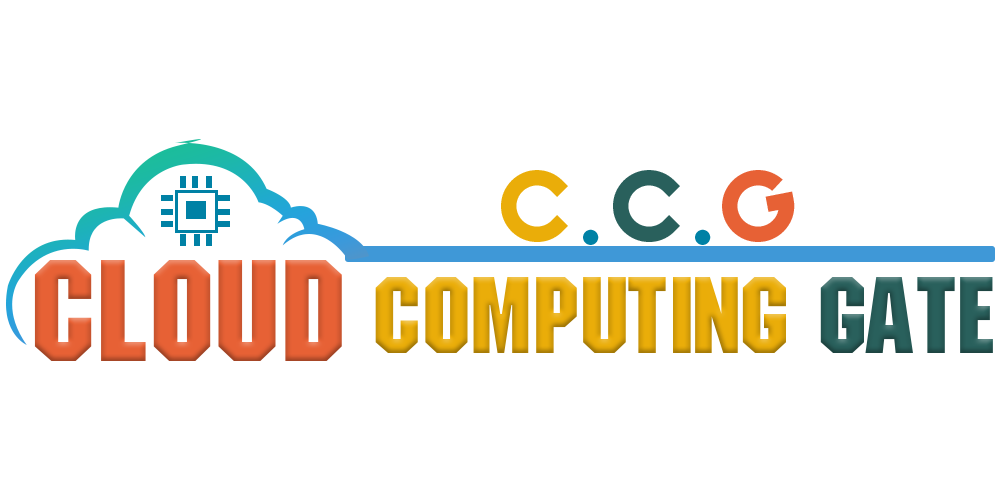Benefits of Cloud Computing in Healthcare
Unleashing the Power of Cloud Computing in Healthcare: Benefits and Beyond
The healthcare industry is experiencing a digital transformation, and at the forefront of this revolution is cloud computing. Cloud technology offers a wide range of benefits that can streamline healthcare processes, enhance patient care, and improve overall operational efficiency. In this article, we will delve into the myriad advantages of adopting cloud computing in healthcare.
Benefits of Cloud Computing in Healthcare
-
Data Accessibility and Sharing
One of the primary advantages of cloud computing in healthcare is the ability to access and share patient data securely and efficiently. Electronic Health Records (EHRs) are stored in the cloud, allowing authorized healthcare professionals to access critical patient information from anywhere with an internet connection. This enhances coordination of care and facilitates timely decision-making.
-
Cost Reduction
Cloud computing eliminates the need for large, on-site data centers, reducing the capital expenses associated with hardware and infrastructure. Healthcare providers can instead opt for cost-effective, pay-as-you-go models, allowing them to scale resources up or down as needed. This significantly lowers the total cost of ownership and makes advanced technology accessible even to smaller healthcare facilities.
-
Data Security
Cloud service providers invest heavily in robust security measures, including encryption, firewalls, and continuous monitoring. This often surpasses the security that many individual healthcare organizations can afford. By entrusting their data to reputable cloud providers, healthcare entities can ensure the highest levels of data protection and compliance with healthcare regulations like HIPAA.
-
Disaster Recovery and
Business Continuity
Healthcare organizations cannot afford to lose access to critical patient data. Cloud computing offers reliable disaster recovery solutions, including automated backups and redundancy options. In the event of a local disaster or system failure, healthcare providers can quickly restore access to patient records and maintain continuity of care.
-
Telemedicine and Remote Monitoring
Cloud computing is the backbone of telemedicine and remote patient monitoring. With cloud-based platforms, physicians can conduct virtual consultations and continuously monitor patients’ vital signs and health data. This capability has proven invaluable, especially during times when in-person visits are restricted, such as the COVID-19 pandemic.
-
Scalability and Flexibility
The cloud’s scalability enables healthcare organizations to adapt to changing needs and accommodate increased data storage and processing requirements. For example, hospitals can quickly scale up resources during periods of high patient admissions. This adaptability ensures that healthcare services are delivered without disruption.
-
Advanced Analytics and Machine Learning
Cloud computing facilitates data analytics and machine learning applications that can help healthcare providers derive valuable insights from patient data. These insights can be used for early disease detection, personalized treatment plans, and predictive healthcare trends, ultimately improving patient outcomes.
-
Enhanced Collaborative Care
Interoperable cloud systems connect healthcare professionals, improving care coordination and facilitating collaborative efforts among specialists. This shared access to patient data promotes informed decision-making, ultimately leading to better patient care.
-
Reduced IT Burden
Managing and maintaining on-premises IT infrastructure can be burdensome for healthcare organizations. By transitioning to the cloud, they can offload much of the IT management to cloud providers, allowing their internal teams to focus on delivering patient care and innovation.
-
Environmental Impact
By consolidating data centers and utilizing energy-efficient technology, cloud computing can contribute to a reduction in the healthcare industry’s carbon footprint. This sustainability aligns with the growing awareness of environmental responsibility.
Conclusion
Cloud computing has become an indispensable part of modern healthcare, offering numerous benefits that improve patient care, streamline operations, and lower costs. Its scalability, data security, and ability to foster innovation have positioned cloud technology as a key enabler in the transformation of the healthcare industry. As healthcare providers continue to adopt and adapt to the cloud, patients and healthcare professionals alike stand to benefit from the evolving landscape of healthcare services.




Comments
0 comments